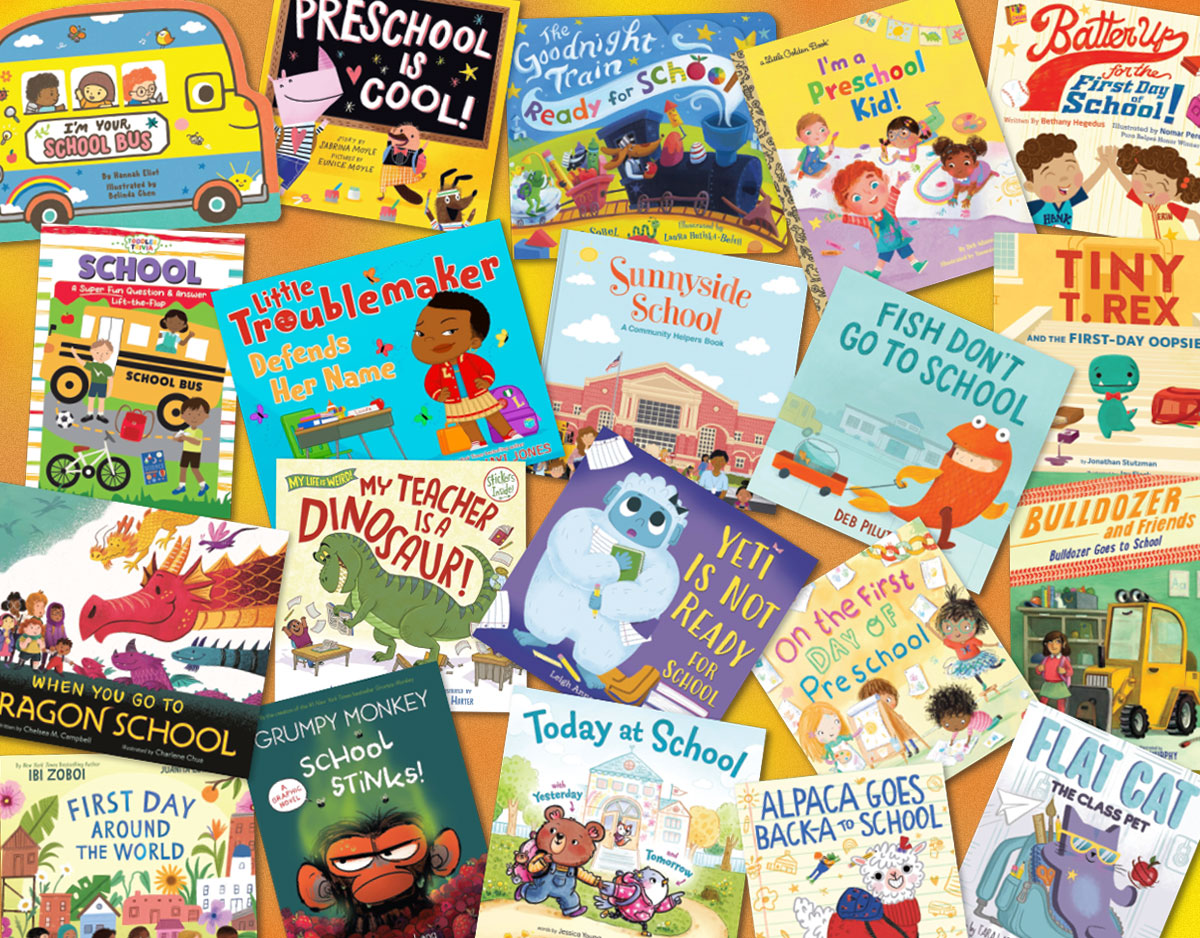SCROLL DOWN TO READ THE POST
Does Never Fall Down Stand Up to the Hype?
 Never Fall Down, Patricia McCormick
Never Fall Down, Patricia McCormick
Balzer + Bray, May 2012
Reviewed from ARC
National Book Award Finalist. Three stars. Patricia McCormick. Never Fall Down is a critical and popular darling, and there is absolutely no question about the emotional impact of the story. You would need to be a stone to stay dry-eyed reading about the atrocities Arn sees and endures under the Khmer Rouge.
So let’s cut to the chase. There’s really only one conversation anyone is having about Never Fall Down, and it’s all about the voice.
Here’s my take. This is an important book. It’s effective. It made me feel, it taught me a lot (Cambodia and the Killing Fields are things I never learned, and was too young to know about when it was news, so a lot of the details were new to me as they are likely to be for teen readers). There is no question that this was a gripping read, with history mixed really well with a deeply personal story, carefully researched according to the author’s note. Is this a book people should be reading and will be invested in reading? Absolutely.
ADVERTISEMENT
ADVERTISEMENT
But I don’t think it’s got what it takes to go the distance when it comes to Printz bling.
As I said, voice is the big issue here, and I think it’s going to be a divisive one. I think either the voice grabs you and doesn’t let go or is problematic, and I suspect the exact same sentences could be used for either argument. For me, the voice was problematic, and that’s what I am going to explore here, but I fully expect disagreement. I’m curious to see the why and how it worked for others, or whether it was just that for some the issues were overwhelmed by the impact of the story as a whole. This is, once again, that question of emotional engagement and the how and why of engagement — although in this case, the emotional engagement for me happened despite the things that jolted me out of the story.
I have qualms about the decision to write in broken English. Here’s why it works: as readers, we are in the position of voyeurs, living the horror vicariously through this little boy. By having Arn address the reader in the voice that is presumably what his English might have sounded like then, in his childhood (although actually he didn’t speak English then), an immediacy is maintained; instead of watching from a distance, the reader is drawn in. It also allows the story to be told in something very nearly present tense and real time — the narrative is present tense, in fact, although there are clues that the narrative perspective is not (“We never will see Siv again”). The fact that Arn only speaks English in one tense allows this contradiction, and this contradiction is a great balancing act that benefits the book, providing as it does immediacy with a larger sense of the facts.
But there are contradictions in the voice. The verb use, in particular, is inconsistent, with conjugations of to be sometimes used and sometimes skipped. On page 22 of the ARC, in the last paragraph of chapter 2, starts off without the verbs: “Today, I think, this the most exciting…” and “Real American coming…” rather than “this is” and “American is” or “Americans are.” But two sentences later, “I think he’s missing.”
Now, that would be some serious nitpicking if it happened there and never again, but I’ve got similar instances marked throughout, and each time I was booted right out of the story. Arn’s voice has a rhythm, an almost musicality at its best. When that rhythm falters, the construction of world and character faltered too, and it happened far too often for me to brush past it as a minor issue. In some moments, it came across as authorial intrusion, because an emotional statement rendered with correct grammar doesn’t sound like Arn, and instead sounds like the educated author speaking, telling the reader what to feel, making the point for Arn, rather than on Arn’s behalf.
(For a much stronger take on the choice to use broken English and how it doesn’t work, see the Kirkus review, which I believe is the only professional review that does not praise the voice.)
ADVERTISEMENT
ADVERTISEMENT
My second voice-related issue, which might be less critical if it were the only issue, is that Arn’s voice doesn’t change. Even as he talks about gaining fluency, the voice remains mostly the same, even in the epilogue from 1984. Presumably by then Arn’s English would have improved, so it was another moment that my willing suspension of disbelief, my pushing aside all of the barriers between my comfortable first world existence and the horrors of Arn’s reality, cracked.
But really, my concerns with the last section of the book go deeper and straight to the heart of the question of what is literature. The too-close adherence to fact significantly affects and hurts the ending section, when we see, through Arn’s eyes, details about the Ponds. This is based on a true story, and I believe that these details are both true and that they might have been deeply meaningful to the real Arn. But for a reader they distract from the narrative thrust of the novel up to that point.
Sometimes the line between fiction and nonfiction is blurry. Sometimes for the story to be excellent, liberties need to be taken: fact is not always the same as true, after all, and here the facts had me turning to my old pal the internet. I wondered whether Peter Pond was insane, strongly enough to want to dig into the facts of his life. But that’s not where Arn’s journey should end; from a literary perspective, that’s a new story intruding on the primary narrative. It’s very nearly irrelevant to the journey we’ve been in until that point, and diminishes the novel as a work of art.
In the end, I do think this is a serious accomplishment, one I will recommend because it’s important. But the reason it stands out is for historical significance more than perfection of the writing. And the Printz doesn’t care about importance, or message, or history. As I have said before, historical fiction that is history first lacks something. The Printz is an award for literary excellence, and on that front, this does fall down.
Filed under: Books to look for, Contenders, Fiction
About Karyn Silverman
Karyn Silverman is the High School Librarian and Educational Technology Department Chair at LREI, Little Red School House & Elisabeth Irwin High School (say that ten times fast!). Karyn has served on YALSA’s Quick Picks and Best Books committees and was a member of the 2009 Printz committee. She has reviewed for Kirkus and School Library Journal. She has a lot of opinions about almost everything, as long as all the things are books. Said opinions do not reflect the attitudes or opinions of SLJ, LREI, YALSA or any other institutions with which she is affiliated. Find her on Twitter @InfoWitch or e-mail her at karynsilverman at gmail dot com.
ADVERTISEMENT
SLJ Blog Network
One Star Review, Guess Who? (#217)
Modern Fairytales and Excessive Tresses: Corinna Luyken Talks The Arguers
Miss Camper | This Week’s Comics
Here Have Some YA Disability Pride
The Classroom Bookshelf is Moving
ADVERTISEMENT
ADVERTISEMENT







